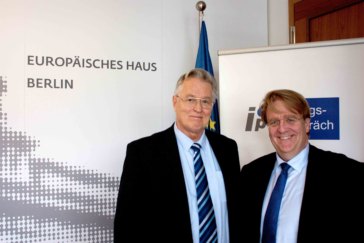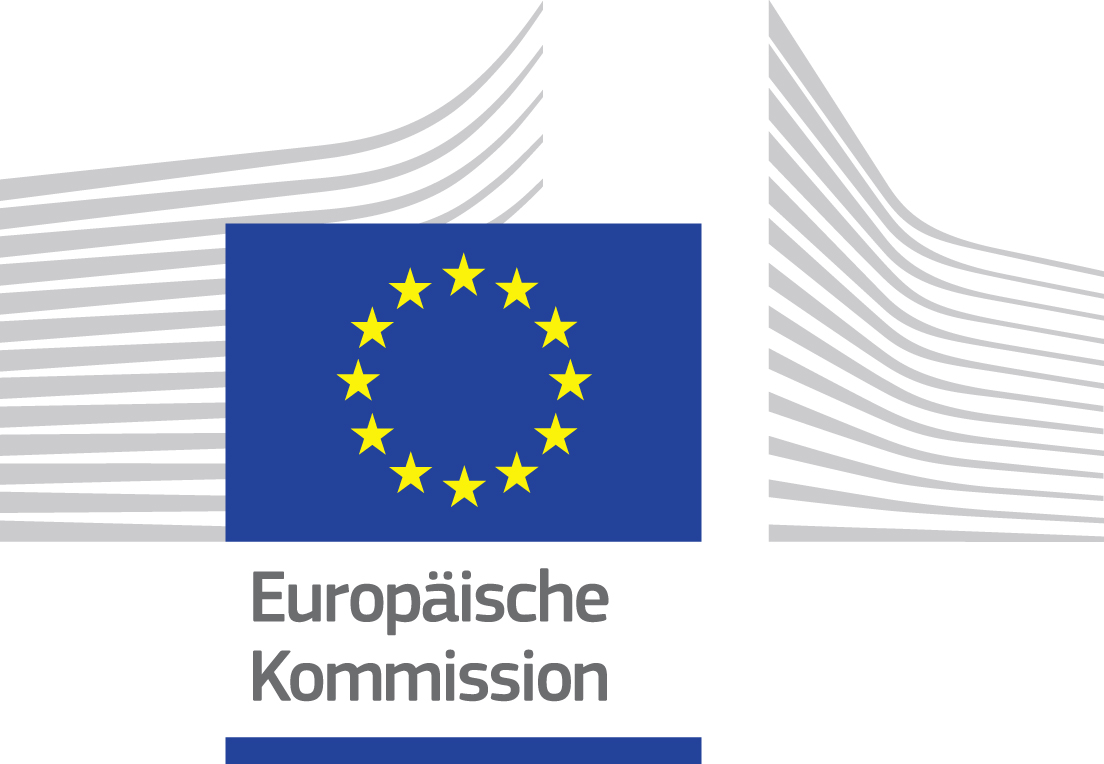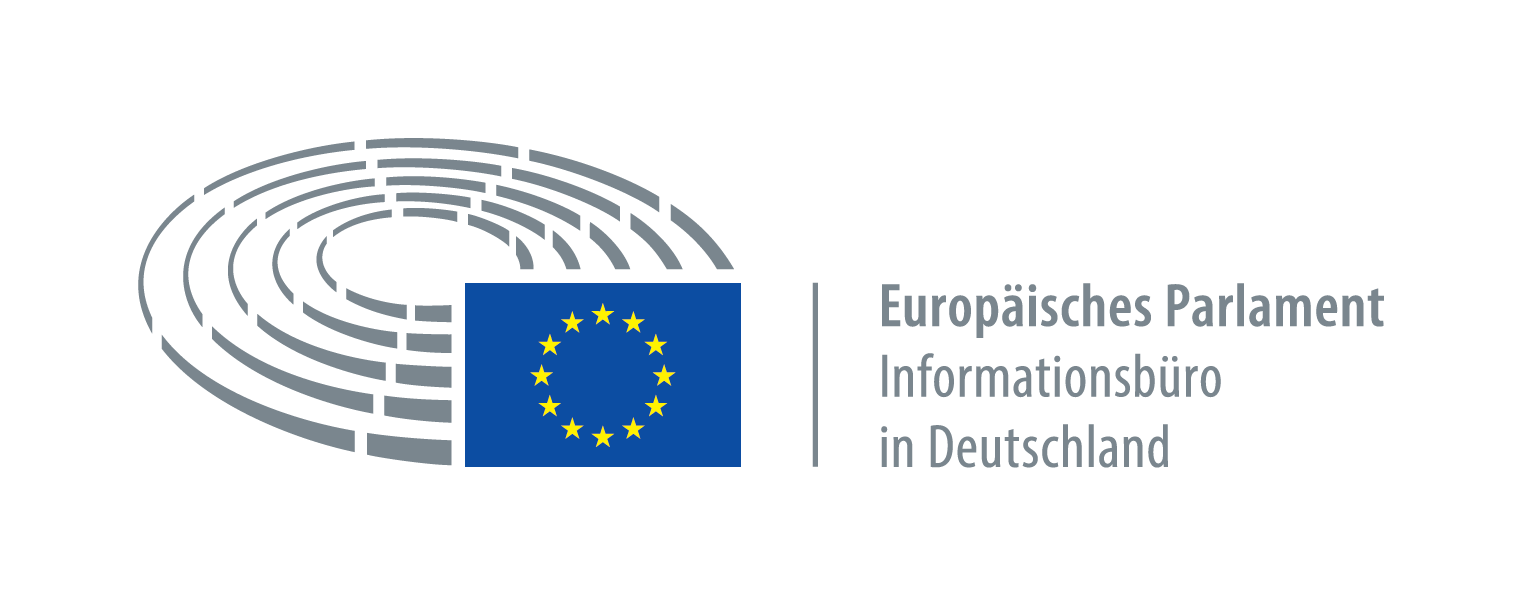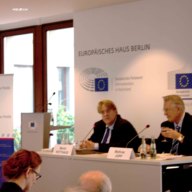IEP Lunch Debate with Martin Kotthaus: “Current challenges for German European Policy”

The IEP Lunch Debate on the topic “Current Challenges of German European Policy – From the British Referendum to Migration”, with Martin Kotthaus, Head of the European Directorate-General at the Federal Foreign Office, took place at the Representation of the European Commission in Berlin on 6 July 2016. An introductory speech was given by Richard Kühnel, Representative of the European Commission in Germany. Prof. Dr. Mathias Jopp, Director of the Institut für Europäische Politik, moderated the event.
Richard Kühnel opened the event by asking ‘Which direction should Europe go?’. He addressed the future relationship between the EU and the United Kingdom that yet remains to be defined, and about the growing Eurosceptic and populistic atmosphere in Europe. Martin Kotthaus underlined that the possible outcome of the referendum means much more than just 28 minus 1 member state, and that the EU should not become paralysed by the ongoing debate about the consequences of a possible Brexit. Other issues as the European Common Foreign and Security Policy, the European Single Market, migration, economic growth and jobs, as well as the stability of the European Economic and Monetary Union are still on the agenda. Kotthaus stressed the importance of a timely decision by the United Kingdom to create certainty not only for the British citizens and economy, but also for the 27 other member states.
Kotthaus welcomed the debate on the future of Europe. The unofficial EU summit in Bratislava, he argued, will be an important signal. It is expected that this informal summit in mid-September is going to be the beginning of a political process towards the development of the EU-27. Regarding questions about the future of Scotland and Northern Ireland in the United Kingdom, he explained that this constitutes a domestic matter. Importantly, the EU must continue the work on the European agenda in the important areas of single market, growth, employment, integration, and foreign and security policy, irrespective of the consequences caused by the British referendum. A number of proposals to reform the EU, such as the recent paper published by the German and the French Foreign Minister, exist. It highlights three concrete proposals for a further development of the EU – in the context of the existing treaties. In doing so, Kotthaus argues, the paper takes into account the different levels of ambition of the Member States regarding the future of the EU. Here, a differentiated approach could constitute a compromise to all parties. Europe has successfully overcome two difficult crises since 2009, demonstrated in the stabilisation of the eurozone and the marked decline in refugee numbers. Kotthaus insisted, however, that further challenges remain, which require active attention. These include effectively assisting the countries of origin and transit countries in the context of the refugee crisis, EU external border management, fighting people smugglers, relocating, resettling, and returning refugees, as well as reforming the European common asylum system.
In the ensuing discussion the issues of a European minimum wage, nature conservation, and prospects for closer European cooperation were raised by the audience. With regard to a Europe-wide minimum wage, Kotthaus drew attention to the legal situation and the different economic development in the various EU member states. When asked what “European solution” would mean in terms of migration, he referred to the joint efforts of the EU and the international community of coping with the refugee crisis in the home as well as transit countries, the EU-Turkey Agreement, the creation of a European coastal and border protection, and the reform of the common European asylum system, for which the EU Commission has just tabled proposals. Kotthaus opined that, due to the global nature of migration, only European approaches could provide sustainable and stable solutions. Combatting climate change, he claimed, required an equally European initiative, given the scope of the challenge. One member of the audience called for “more Europe” in nature conservation issues. With regard to foreign policy issues, Kotthaus referred to the recently unveiled “Global Strategy” of the EU, but also argued that the cooperation between the EU and NATO would be fostered in the foreseeable future.
By Janny Schulz



